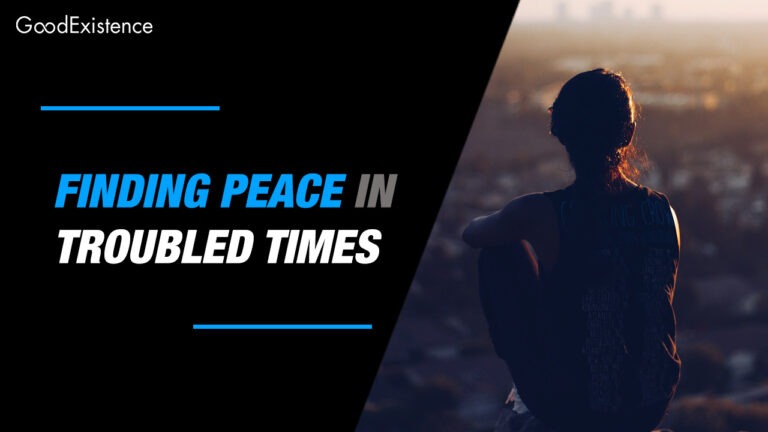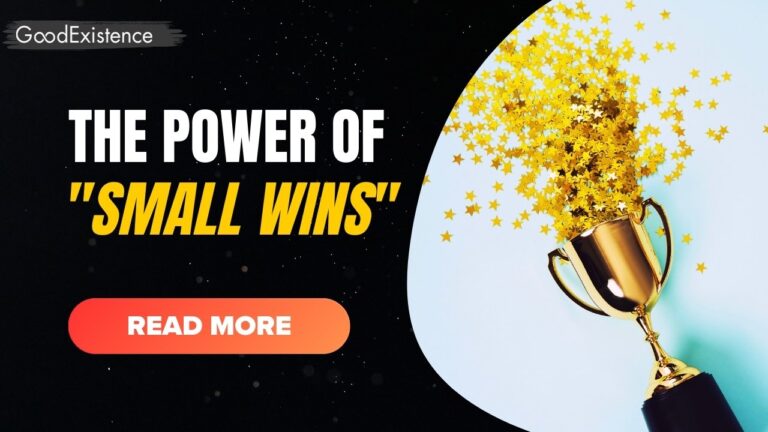
Life never stands still, and honestly, neither should we. If you’ve ever felt stuck, overwhelmed by change, or like you’re constantly catching up, you’re not alone. I’ve been there, spinning my wheels, trying to force things to stay the same when everything around me was shifting. It took me a long time to understand that true strength isn't about resisting change, but about learning to adapt.
I used to think life would get easier if I just found the perfect system or avoided all problems. Instead, I found myself trapped in cycles of gaming, overeating, drinking too much, and just generally feeling lazy. The idea of changing felt impossible. But what I discovered on my journey — shedding over 110 pounds, breaking free from unhealthy habits, and finally building a productive life — is that adaptation is a superpower. It’s about having a toolbox of strategies ready for whatever comes your way. It’s a skill you build, one step at a time.
The Mindset Shift
Before you can change what you do, you often need to change how you think. These strategies help you build a resilient mindset.
- Embrace Change as Inevitable. Life is a river, not a pond. Things will shift, whether you like it or not. Accepting this frees up so much mental energy you might spend resisting.
- Focus on What You Can Control. There’s a lot we can’t control in life. Dwelling on those things is a drain. Instead, put your energy into what’s within your power: your actions, your reactions, and your attitude. This was huge for me when I was trying to break my gaming addiction. I couldn't control the urge, but I could control not picking up the controller.
- Cultivate a Growth Mindset. See challenges not as roadblocks, but as opportunities to learn and grow. Every setback holds a lesson if you look for it.
- Practice Gratitude Daily. This isn't just a feel-good exercise. It actively shifts your perspective. Even on tough days, finding one or two things to be thankful for reminds you of the blessings around you. I make it a point to do this every day, and it has genuinely changed how I see the world, making adapting to difficulties much easier.
- Seek Understanding, Not Blame. When something goes wrong, instead of asking "Whose fault is this?" ask "What can I learn from this?" or "How can I make this better?"
Practical Steps & Daily Habits
These are the concrete actions you can take to build adaptability into your everyday life.
- Break It Down. Big problems feel overwhelming. Break them into the smallest possible steps. When I started my journey to lose over 110 pounds, I didn't focus on the huge number. I focused on what I would eat for my next meal or getting a short walk in today. This made the impossible feel manageable.
- Celebrate Small Wins. Every little step forward deserves recognition. These small victories build momentum and keep you going when the path gets tough. For me, it was celebrating a day without gaming, or hitting a short, focused burst of deep work. Each win fueled the next.
- Build a Strong Routine. A solid routine provides a stable base when everything else feels chaotic. My productive routine, built around short bursts of deep work (2-4 hours), gives my day structure and allows me to be flexible around it when needed.
- Prioritize Rest and Recovery. You can't adapt well if you're constantly exhausted. Give your mind and body the time they need to recharge. This is non-negotiable for sustained effort.
- Simplify Your Life. The more clutter you have—physical, mental, or emotional—the harder it is to adapt quickly. Clear out what you don't need to make space for what truly matters.
Navigating Challenges & Learning
Life will always throw curveballs. These strategies help you respond effectively and keep moving forward.
- Learn to Pivot. Sometimes, the original plan just isn't working. Don't be afraid to change direction, adjust your approach, or try something new. Flexibility is key.
- Ask for Help. You don't have to carry every burden alone. Reach out to trusted friends, family, or mentors when you need support or a fresh perspective.
- Reflect and Learn. After a challenge or a period of change, take time to think about what happened. What worked? What didn't? How could you do it differently next time?
- Set Clear Boundaries. Protect your time, energy, and peace of mind. Knowing what you will and won't tolerate helps you adapt without getting drained.
- Stay Flexible in Your Plans. Have a plan, but hold it lightly. Life rarely goes exactly as scheduled, so be ready to adjust without losing your cool.
Deeper Foundations & Resilience
These strategies connect to your core being, providing an unwavering anchor when everything else feels unstable.
- Connect with Your Faith. For me, my Orthodox Christian faith became my anchor when I felt completely lost. It gave me a foundation of purpose and strength beyond my own willpower. When I was struggling with unhealthy habits and felt purposeless, turning to God helped me find true meaning and guidance, giving me an unwavering compass for adapting to life’s storms.
- Define Your Core Values. What truly matters to you? Knowing your deepest values helps you make decisions that align with your authentic self, even when adapting to new situations.
- Practice Detachment (from outcomes). Do your best, work hard, and then trust that God has a plan. You can control your effort, but not always the result. This frees you from excessive worry and helps you adapt to unexpected results.
- Seek Wisdom from Others. Learn from those who have walked similar paths. Their experiences and insights can offer invaluable guidance when you're facing something new.
- Give Yourself Grace. This journey of adaptation is not about perfection. You will stumble. You will make mistakes. Be kind to yourself, learn from it, and keep going. This was crucial for me in overcoming addiction; falling short didn't mean giving up.
Adapting isn't about becoming a different person; it's about becoming a stronger, more flexible version of yourself. It's about building a life where you can face changes with confidence and peace, knowing you have the tools to navigate whatever comes your way.
Which of these strategies resonates most with you right now? What's one small step you can take today to begin building your own adaptive toolbox?





